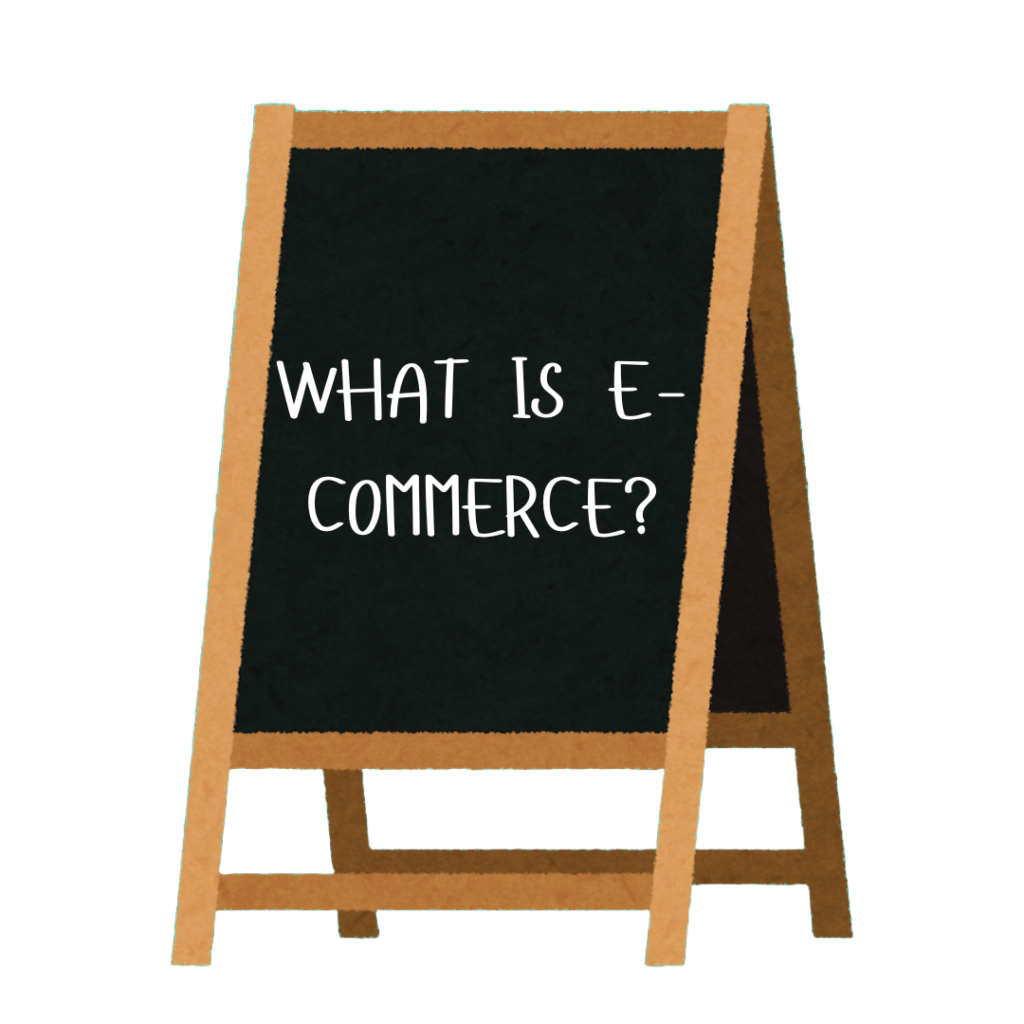Address
304 North Cardinal St.
Dorchester Center, MA 02124
Work Hours
Monday to Friday: 7AM - 7PM
Weekend: 10AM - 5PM
Address
304 North Cardinal St.
Dorchester Center, MA 02124
Work Hours
Monday to Friday: 7AM - 7PM
Weekend: 10AM - 5PM

E-Commerce & Affiliate Marketing: A Perfect Pair for Online Success
In today’s digital world, e-commerce and affiliate marketing are two of the most powerful strategies for making money online. Both have transformed the way businesses and individuals generate revenue, offering lucrative opportunities for entrepreneurs, influencers, and brands. If you’re looking to understand how these two work together and how you can leverage them, this blog will provide valuable insights.

E-commerce refers to the buying and selling of goods or services over the internet. Businesses, whether large corporations or small startups, set up online stores to reach a global audience. Some of the most popular e-commerce platforms include Shopify, WooCommerce, and Magento, which allow businesses to manage their online presence seamlessly. With the rapid growth of digital shopping, e-commerce has become a necessity for any retail-oriented business.

Affiliate marketing is a performance-based marketing strategy where individuals (affiliates) earn a commission by promoting products or services of other businesses. It use unique referral links to drive traffic to the seller’s website, and when a sale is made, they receive a percentage of the sale. This model benefits both affiliates and businesses, as companies can expand their reach without investing heavily in advertising, while affiliates earn passive income.
E-commerce businesses and affiliate marketing are a natural fit. Here’s how they complement each other:
Increased Sales and Revenue – For starters, online stores can leverage affiliate marketers to drive more traffic and sales without needing expensive ads.
Low-Cost Marketing Strategy – Unlike traditional advertising, affiliate marketing works on a commission basis. As a result, businesses only pay for actual sales generated.
Wider Audience Reach – Moreover, affiliates often have dedicated followers on blogs, YouTube, or social media platforms. This, in turn, helps e-commerce stores gain exposure to potential customers.
Boosts SEO & Brand Awareness – Additionally, quality content from affiliates linking back to an e-commerce site improves search engine rankings and brand credibilityIncreased Sales and Revenue – Online stores can leverage affiliate marketers to drive more traffic and sales without the need for expensive ads.
If you’re looking to combine these two business models, follow these steps:
E-commerce and affiliate marketing are a winning combination for online success. Whether you’re an entrepreneur looking to boost your online store’s sales or an affiliate marketer seeking a passive income stream, leveraging both can open up incredible opportunities. With the right strategies and dedication, you can build a sustainable and profitable online business.
Are you ready to dive into the world of e-commerce and affiliate marketing? Start today and watch your digital revenue grow!